Regardless of how strong or fit a person is, sprains, tears and breaks can happen. And, when they do, they significantly impact day-to-day activities -- even mental wellbeing.
The negative impact caused by injuries often motivates people to try to speed up recovery. Although it is easy to understand why one would do this, often these misguided efforts to accelerate healing can have the opposite effect -- resulting in mistakes that hinder our ability to properly heal.
At times, they even make it worse.
That's why if you're currently trying to recover from an injury, you should make sure to avoid these seven common mistakes.
1. Ignoring The Injury
Discomfort is ok. Pain is not.
Training through pain can make things worse. Much worse. Whenever you feel pain in a workout, stop. And if it persists, get treatment.
If you are already injured and want to get back to training, make sure you follow your recovery plan and don’t try to do too much too quickly.
2. Not Getting Proper Help
Seeking treatment early on is the best thing you can do for your recovery. It will prevent the injury from getting worse (or becoming chronic), and will set you on the proper path towards recovery.
Working with a professional (like a Chiropractor) will ensure that you know exactly what to do to minimize recovery times and make it a natural, healthy process.
3. Doing Too Much Too Soon
Rest is extremely important. It allows inflammation and swelling to go down, and helps your chiropractor more accurately diagnose the injury. The initial stage of inflammation after an acute injury can make most orthopedic tests seem positive, even when they’re not.
Taking rest can be hard for athletes and active people but can shorten recovery times. The break from physical activity will reduce the chances of making the injury worse.
4. Resting Too Much
After your injury has been diagnosed and you've rested for the recommended period of time, you need to get moving again. Movement is like nutrition for muscles and joints -- resting too long is like ‘starving’ the tissues, leading to dysfunction and weakness.
As part of your rehabilitation program, you will be given exercises to help aid in your recovery. Do them (even if you think they are boring) -- done properly and consistently, they will help speed up recovery.
Staying inactive for too long and not doing the right exercises can lead to an incomplete recovery, leaving you prone to re-injure the same area in the future.
5. Ignoring Nutrition
A good nutrition plan speeds up the recovery process by giving your body the fuel it needs to heal the injury.
Studies show that eating the right type of fats (mainly Omega-3-fats) can accelerate the recovery process by reducing inflammation and supporting tissue regeneration.
Great sources of Omega-3 fats include:
- Flaxseed and fish oil
- Salmon
- Chia Seeds
- Walnuts
- Mackerel
- Oysters
High protein diets will also support tissue regeneration, as will a healthy intake of Vitamins A, B, C, and D, and minerals such as calcium, copper, iron, magnesium, manganese, and zinc.
6. Drinking Too Much Booze
Alcohol impedes muscle development, which slows down the recovery process. It also dehydrates the body, leaving you depleted and feeling low in energy.
We all know that drinking too much is unhealthy. But, when it comes to injury repair, alcohol is definitely not your friend; it will slow down recovery, making pain stick around for longer.
7. Falling Into A Slump Of Negativity
Having a positive attitude will push you to work harder (and smarter) to recover as quickly as you can. This will cut back recovery time, and make sure you can get back to normal as soon as possible.
Some ways you can keep positive while injured include:
- Accept that life has changed. Whether you have a short or long term injury, you won’t be happy if you compare where you are now to how things used to be.
- Practice gratitude. While your injury may be making life more challenging, you always have a lot to be grateful for. Maybe the injury is giving you an opportunity to spend quiet time, either in introspection or to complete tasks that require more thinking than moving. Shift your focus to how the injury is helping you, and you’ll feel better straight away.
- Make a recovery plan. Talk to your doctor or chiropractor about your recovery plan. Set goals and challenges for yourself -- being both reasonable and optimistic.
- Do something nice for someone else. Injuries and illness can make us hyper-focused on ourselves. If you want to stay out of a slump, use your energy to focus others.
- Try something new. If you’ve been injured doing something in your normal routine, see this time as an opportunity to try something different that you’ve been meaning to, but haven’t gotten around to. In this way, you might be able to stay more active -- using different muscles in different ways -- while your injury gets a well-deserved break from the habitual physical challenges.
Take Control Of Your Recovery
Avoid common mistakes and make sure you follow a plan. This will help avoid prolonging your injury and will decrease the chances of making it chronic.
If you are experiencing ongoing pain from an injury, book a Chiropractic appointment with us to discuss a suitable recovery plan.

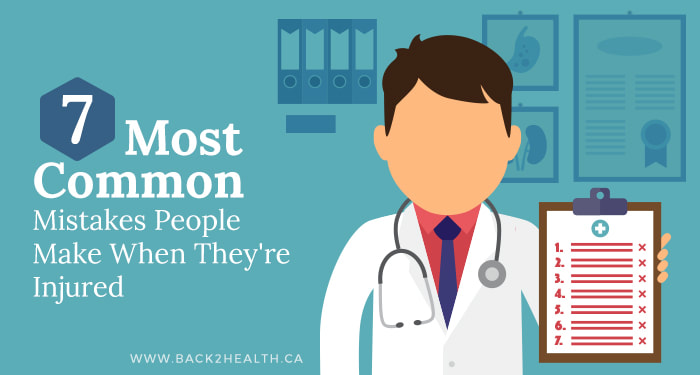
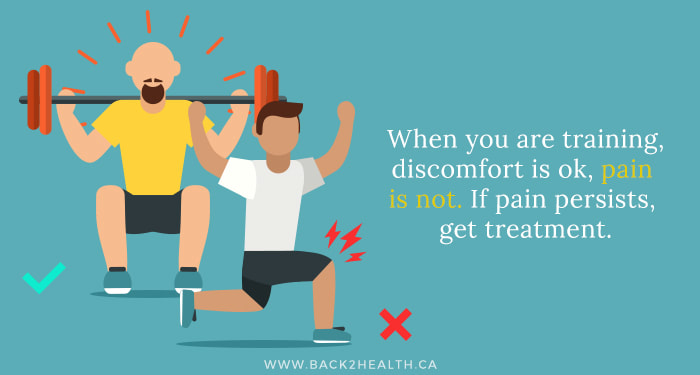
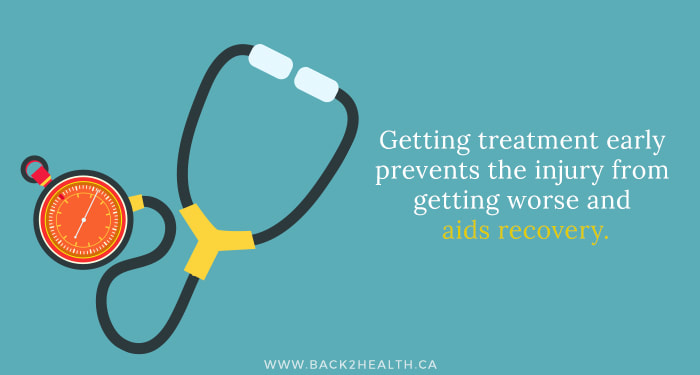
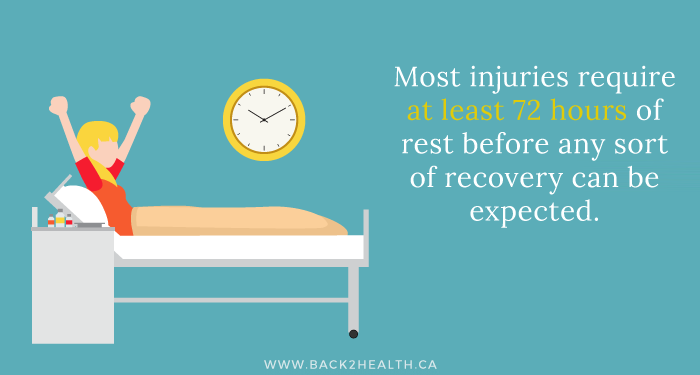
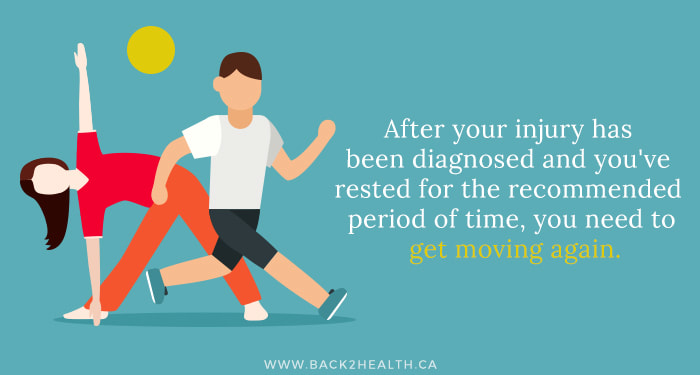
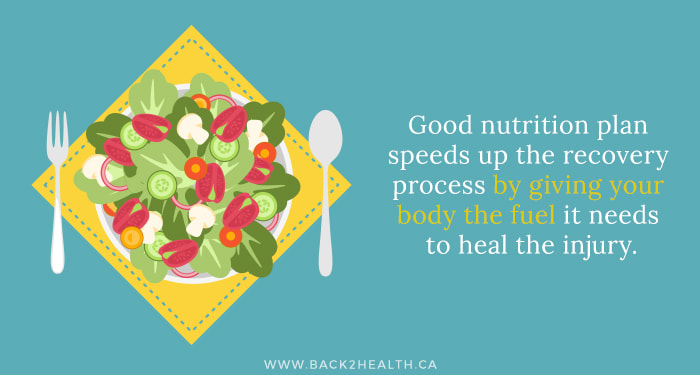
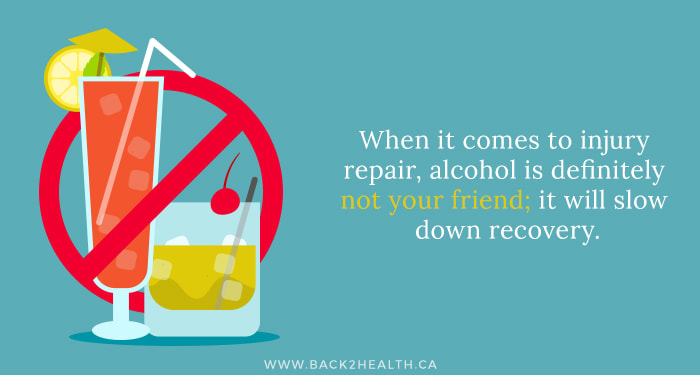

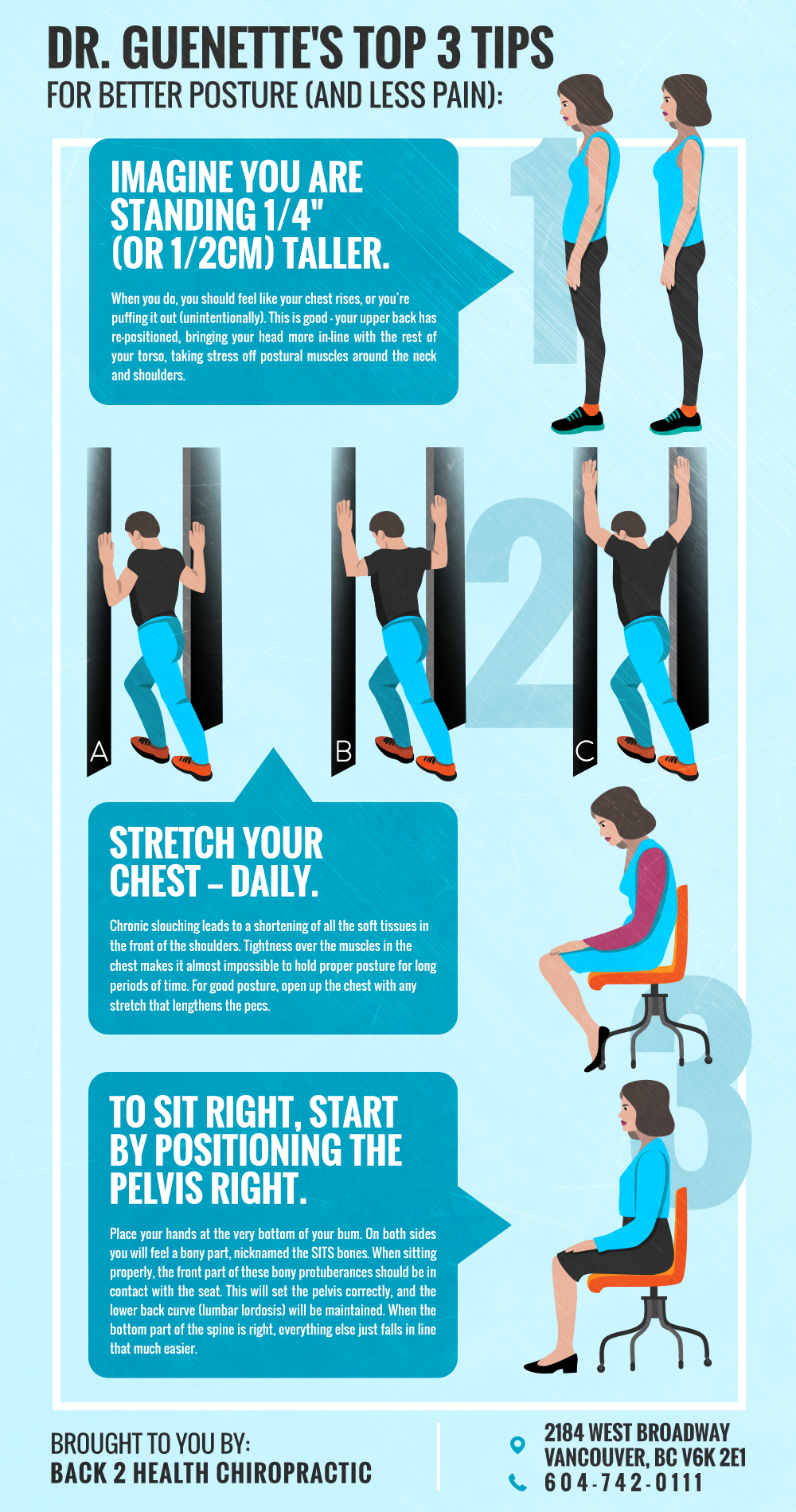


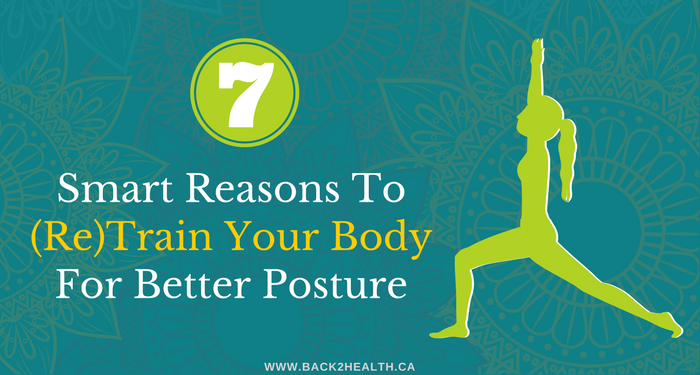
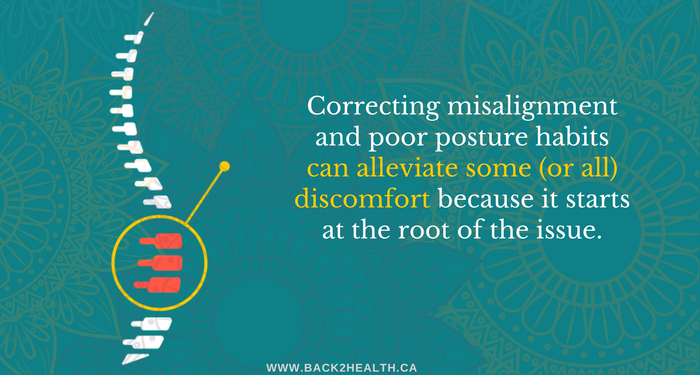
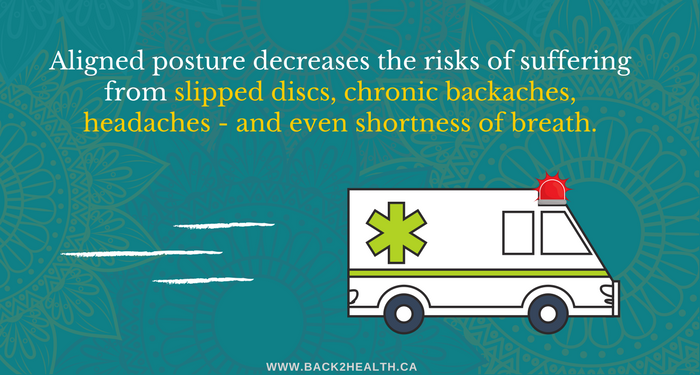
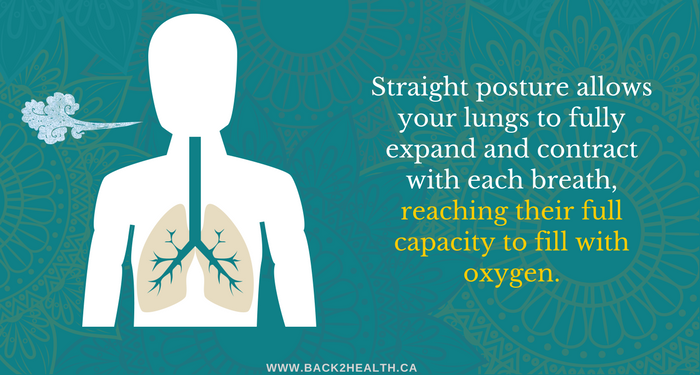
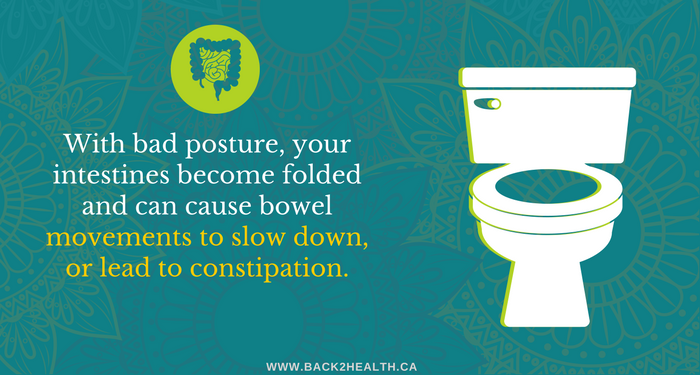
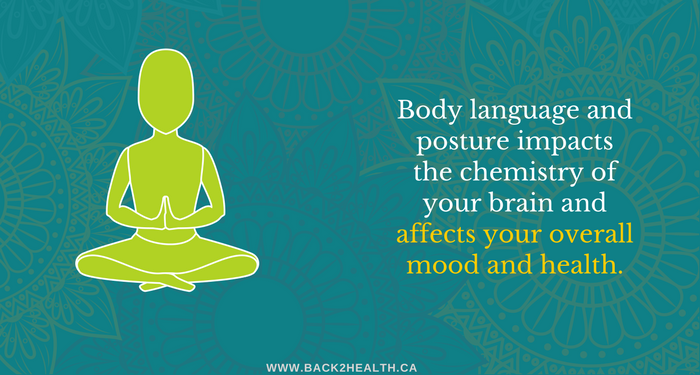
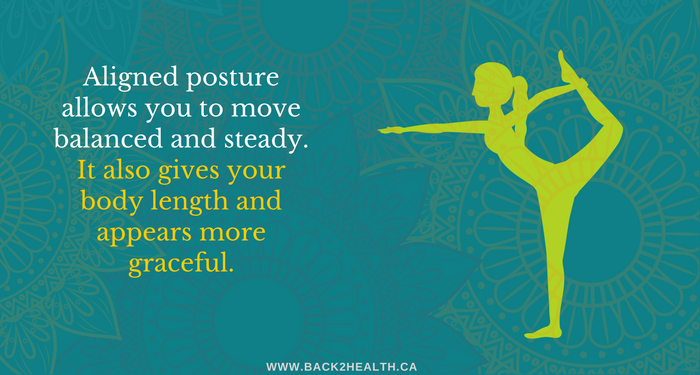
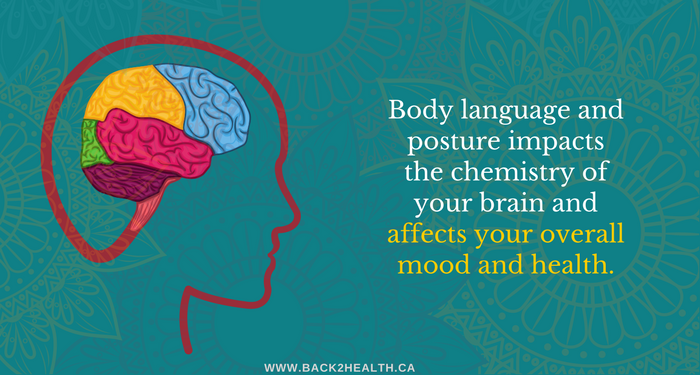



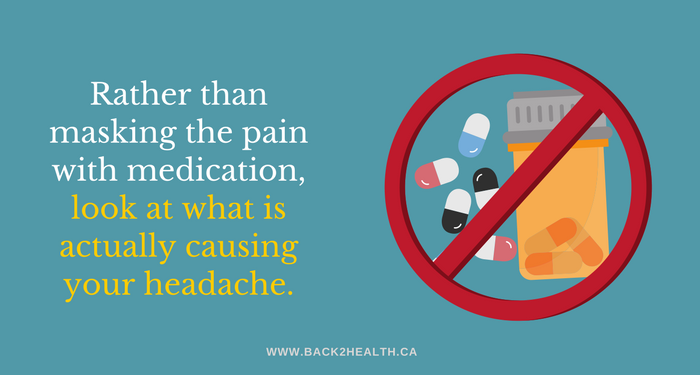
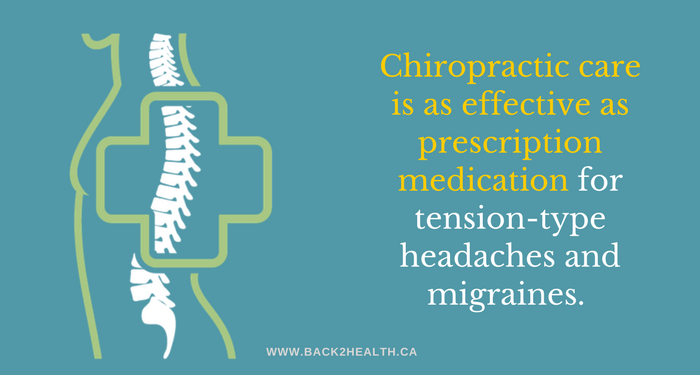
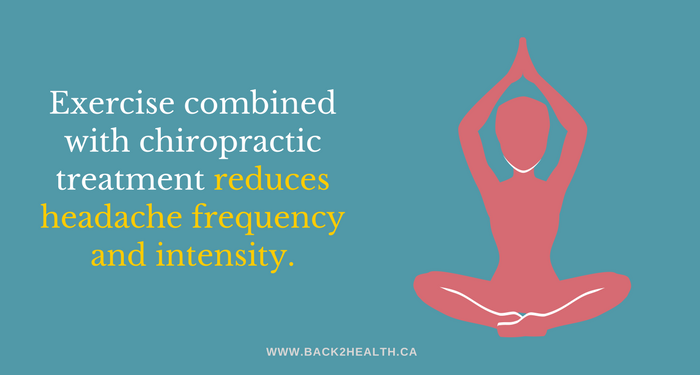
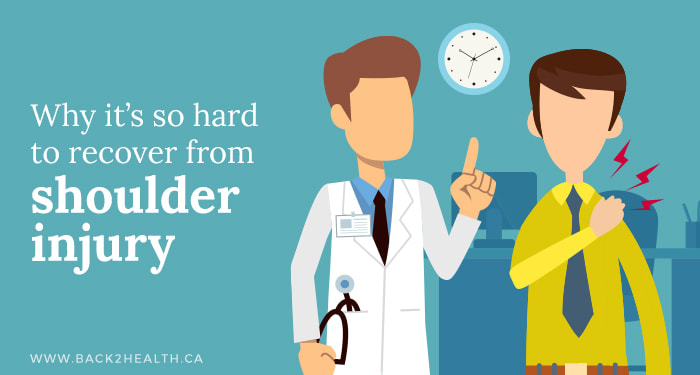
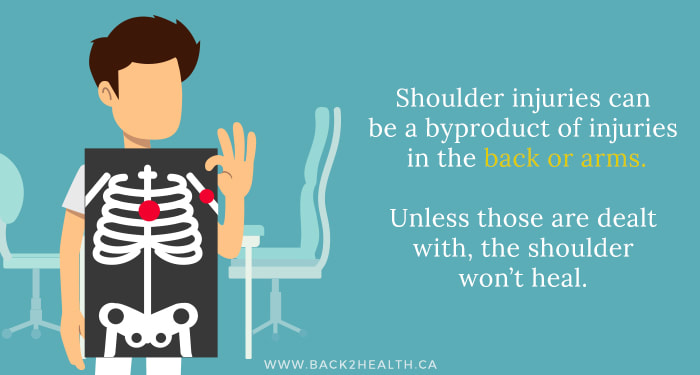
 RSS Feed
RSS Feed
